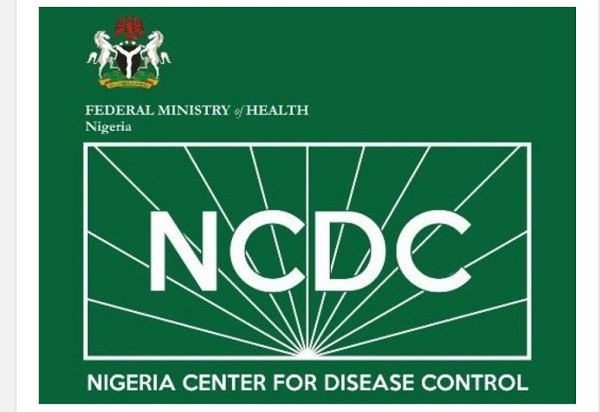
The Nigeria Centre for Disease Control and Prevention (NCDC) has confirmed that Lassa fever has claimed 152 lives in the country within the first 28 weeks of 2025, making the current outbreak deadlier than that of 2024.
According to the latest situation report published on the agency’s official website on Monday, the case fatality rate (CFR) now stands at 18.7 per cent, up from 17.3 per cent during the same period last year. Although the total number of confirmed cases is slightly lower compared to 2024, the rise in deaths has raised serious concerns among public health officials.
As of week 28, the NCDC recorded 811 confirmed cases and over 6,520 suspected infections spanning 21 states and 105 local government areas. The states with the highest number of cases include Ondo, Bauchi, Edo, Taraba and Ebonyi.
“We are witnessing a slight decline in the total number of confirmed cases compared to 2024, but the fatality rate has increased,” the report stated.
The agency attributed the higher mortality rate to several factors, including late presentation of cases, poor health-seeking behaviour and limited access to early treatment.
In the most recent epidemiological week, 11 new confirmed cases and one death were reported. These infections were recorded in Ondo, Edo and Benue States. Notably, no healthcare workers were affected during this reporting period.
Individuals aged between 21 and 30 years remain the most affected demographic, with a nearly equal distribution between male and female patients, according to NCDC data.
In response to the outbreak, the NCDC and its partners have scaled up interventions in high-risk areas. “Ten National Rapid Response Teams have been deployed using a One Health approach to assist affected states,” the report said.
The agency also noted that INTEGRATE Clinical Trials have begun in Ondo State to support improved case management. Meanwhile, healthcare workers in Bauchi, Ebonyi and Benue States have received targeted training to enhance clinical response efforts.
Community sensitisation campaigns and environmental health activities are underway, conducted in partnership with Nigeria Health Watch, the World Health Organisation (WHO), Pro-Health International, IHVN and other stakeholders.
Furthermore, the NCDC has launched an Infection Prevention and Control (IPC) e-learning platform, supported by the Global Fund. It has also distributed IPC materials and medical countermeasures – such as Ribavirin, personal protective equipment (PPE) and disinfectants – to states and treatment centres.
Despite these intensified efforts, the NCDC acknowledged lingering challenges. “Late presentation of cases continues to drive high fatality rates,” it said. “Poor environmental sanitation in endemic areas and low public awareness also hinder control efforts, while the high cost of treatment discourages many from seeking timely care.”
The agency urged increased community engagement, early detection and prompt treatment as essential strategies to reduce Lassa fever deaths. It advised Nigerians to avoid contact with rodents and their secretions, maintain proper hygiene and visit healthcare centres at the first sign of symptoms such as fever, headache, or bleeding.
Science Nigeria reports that Lassa fever is a viral haemorrhagic illness transmitted primarily through contact with the urine or faeces of infected rats. It can also spread from person to person through direct contact with bodily fluids, contaminated items, or improperly sterilised medical tools.
The NCDC encouraged the public to report suspected cases, follow advisories and call its toll-free line 6232 for information or assistance.

